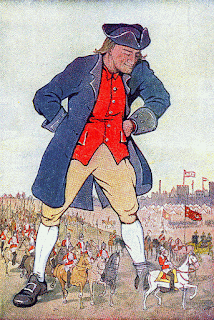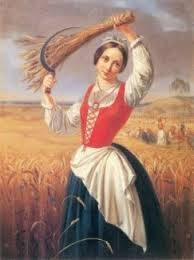Review of Today's Workshop: Content Sharing Website and Mobile App: Digital India Cell

Today we attended a WORKSHOP: Content Sharing Website and Mobile App: Digital India Cell which was organized by our University MKBU. Firstly DR. Dilip Barad introduced us about the workshop and after this he requested VC Sir [Dr.Shailesh Zala] of our university and handover the stage to him after this our VC talked about the purpose of this workshop and after introducing the purpose he facilitated Dr. Mahesh Jivani ( guest speaker) with flower bouquet . This workshop is all about WEBSITE creation and also about how to create an android app. While discussing he gave an example of PIZZA because according to him creating website is like Pizza because when we ordered pizza it is in square box, but when we open that box that pizza is in round shape and when we are going to eat that pizza it is in triangle. As same as creating a website is also like this when we are going to create a website then it looks something and when we started creating that website then it is somet...






